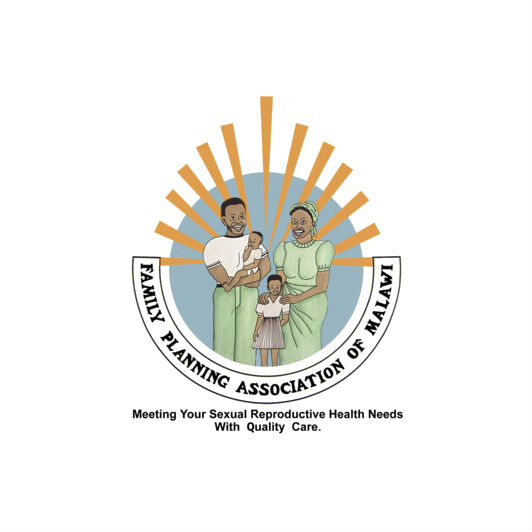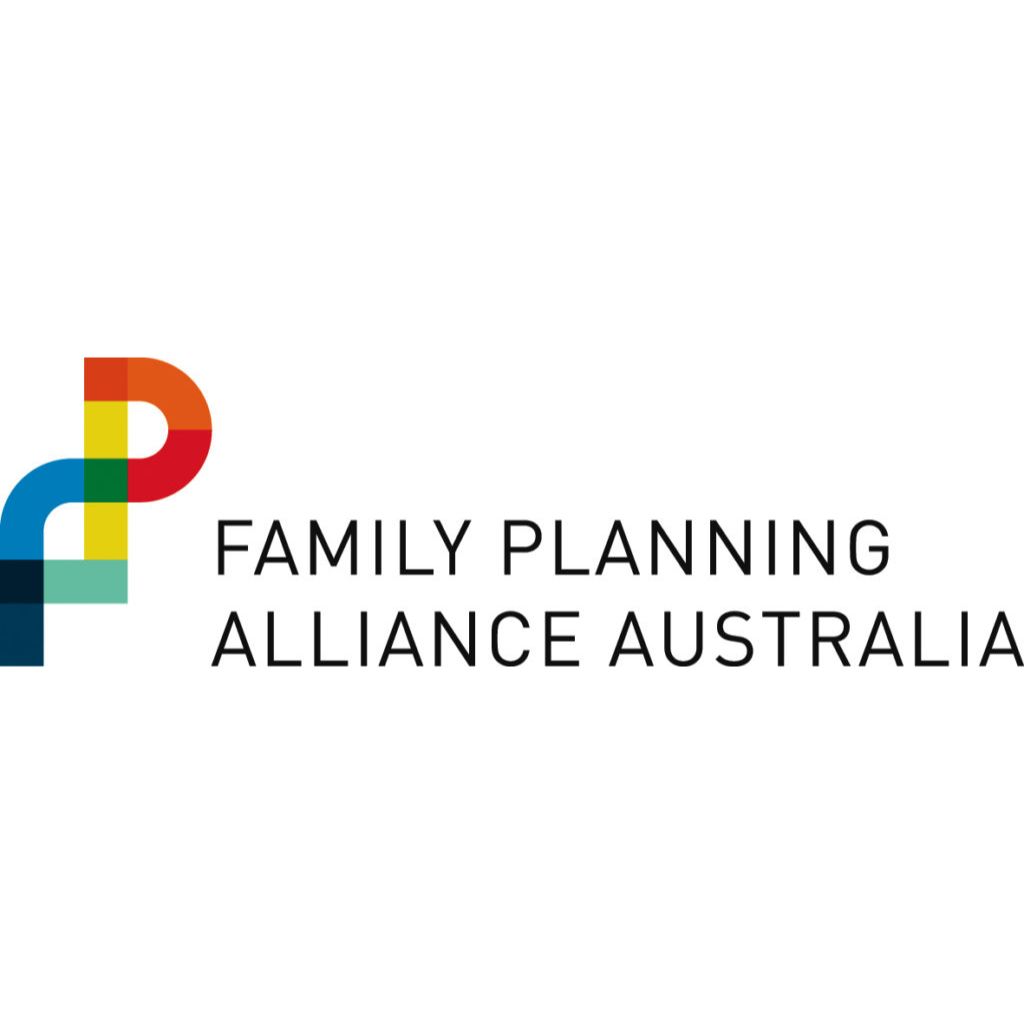

| 31 March 2016
Family Planning Association of Malawi
When it was founded in 1999, the Family Planning Association of Malawi (FPAM) focused on providing family planning services. As the organization has evolved, it has both refined and expanded its operation. Today, FPAM targets young people primarily, and reaches out to under-served rural communities. As a result, it operates 64 service points, including 53 mobile sexual and reproductive health (SRH) facilities and 4 static clinics. Its community-based distributor/services (CBDs/CBSs) profile is also very strong with 65 additional delivery points. As ever with IPPF Member Associations, the mix of outlets and approaches is very much led by the particular demographic and geographic needs of the country. FPAM also provides youth-friendly SRH information, education and behaviour change communication materials to young people at 4 youth centres, and through schools. Peer educators use group discussions, theatre performances, publications and audio-visual materials produced by community reproductive health promoters to pass on the message about good SRH practice and access to resources. The distribution of contraceptives, pregnancy testing, the diagnosis and treatment of sexually transmitted infections (STIs) and voluntary counselling and testing (VCT) for HIV are core to FPAM’s clinic activity. For its successful operation, the organization depends on a team of 46 full-time staff and over 600 volunteers. Over the years, FPAM has forged partnerships with health, family and youth departments in government, to advocate forward-thinking national SRH policies. It works with a variety of non-governmental organisations (NGOs) including the Malawi Girl Guides Association and Banja La Mtsogolo. Financing support comes from UNFPA, IPPF’s Japan Trust Fund, the Japanese Organization for International Cooperation in Family Planning (JOICFP), UNICEF, National AIDS Commission, GTZ, and Youth Incentives. FPAM also networks with other SRH-focused groups, particularly in the fields of HIV and AIDS and youth issues.

| 31 March 2016
Family Planning Alliance Australia
FPAA is a long-standing alliance of the key sexual and reproductive health organisations from each of the Australian states and territories and is their national policy and advocacy voice. Through the IPPF network FPAA links internationally with organisations of like mind, to further sexual and reproductive health and rights for all. Our work cuts across national government strategies and policy frameworks in the portfolios of health, education, gendered violence, e-safety, child sexual abuse and international development. FPAA members provide a wide range of integrated sexual and reproductive health services that include health promotion, prevention, early intervention, diagnosis, treatment and support. We build capacity and strengthen systems by translating the best available evidence into information and education for individuals, community, and health professionals. We are inspired by working in partnership with our priority populations which include people who are: young women of diverse genders and sexualities Aboriginal and Torres Straits Islander of all abilities of all cultures While services, collaborations and cross-referral pathways may vary in each state or territory, our work is always intersectional. We feel privileged to be contributing to the bigger picture.







